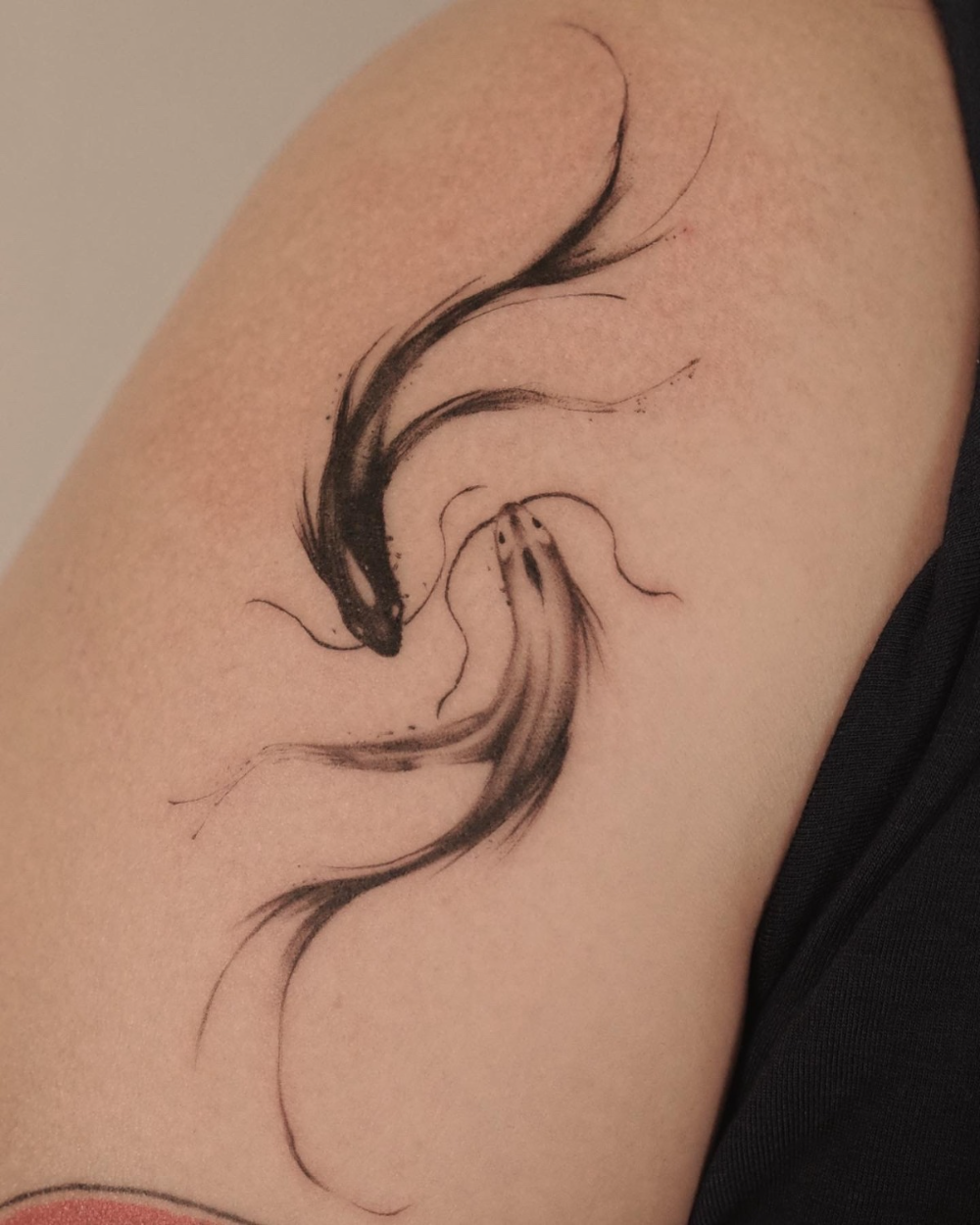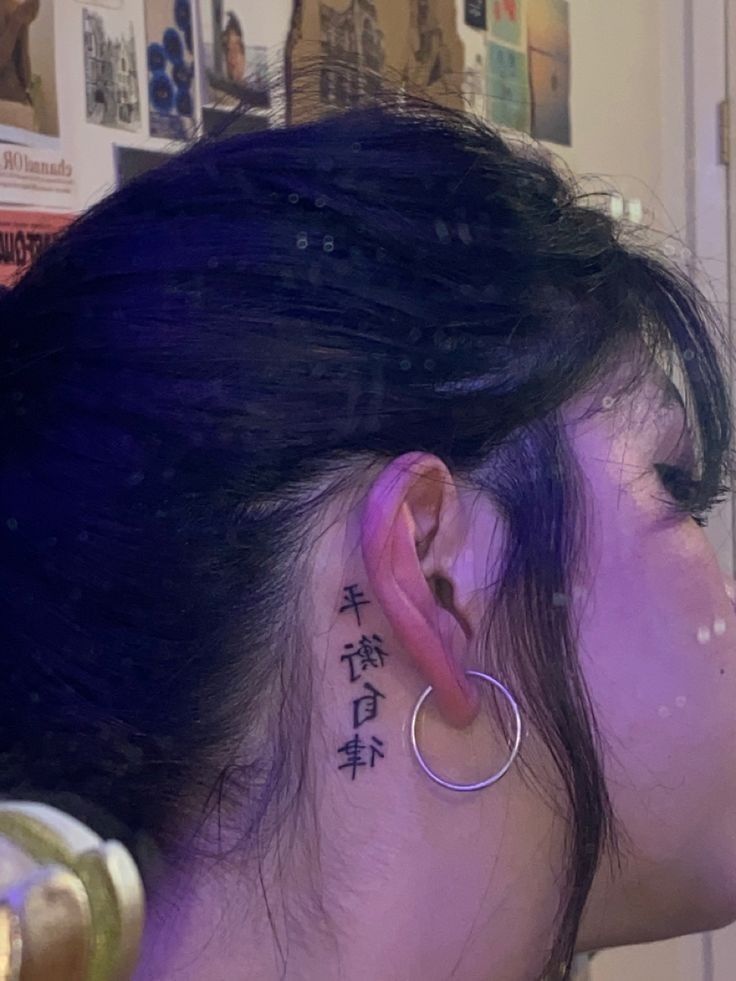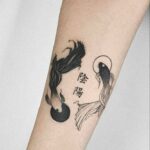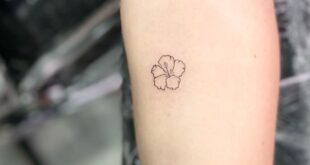Tattoos have a long-standing history in Japanese culture, dating back thousands of years. Traditional Japanese tattoos, known as irezumi, have always been highly regarded in Japanese society and are often associated with the yakuza, or Japanese mafia. However, in recent years, tattooing has become more mainstream in Japan and around the world.
The art of Japanese tattooing is deeply rooted in tradition and symbolism. Each design has its own meaning and tells a story that reflects the wearer’s personality, beliefs, or experiences. For example, a koi fish tattoo symbolizes perseverance and strength, while cherry blossom tattoos represent beauty and the fleeting nature of life.
Japanese tattoo artists are highly skilled and trained in the traditional techniques of irezumi. They use a hand-held tool called a tebori, which consists of multiple needles attached to a wooden handle. This method allows for more control and precision, resulting in intricate and detailed designs that stand the test of time.
In recent years, the popularity of Japanese tattoos has grown significantly, with many people outside of Japan seeking out traditional Japanese tattoo artists to create unique and meaningful designs. This has helped to revive interest in the art of irezumi and preserve this traditional art form for future generations.
While Japanese tattoos have been stigmatized in the past, they are now becoming more accepted in mainstream society. In Japan, attitudes towards tattoos are slowly changing, with more people embracing tattoo culture as a form of self-expression and art. However, there are still restrictions in place in certain establishments, such as public baths and hot springs, where tattoos are often associated with the yakuza.
Overall, Japanese tattoos continue to be a powerful form of self-expression and art that holds deep cultural significance. Whether you are looking to honor Japanese tradition or simply appreciate the beauty of the art form, a Japanese tattoo is a meaningful and timeless choice.
 innstyled Tattoo Ideas
innstyled Tattoo Ideas














